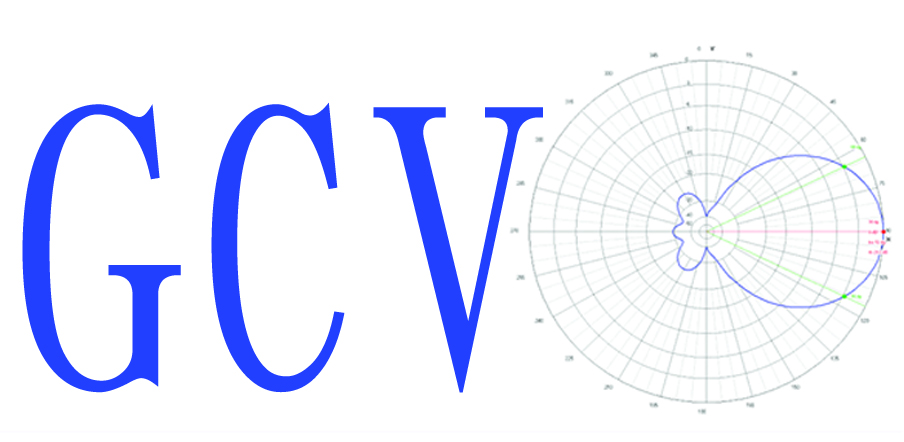The Bologna process now involves the cooperation of 47 states as well as the EU Commission and eight further organizations in the area of higher education. Countries eligible to join: Monaco. Three distinct themes emerge, never theless, in the stOlY of the Bologna process in the post-Soviet coun tries of Eastern Europe and Central Asia. The Bologna Process in the Countries of the Former Soviet Union: an Outsider's Perspective giving an in-depth account of the current state of higher education in each country in this brief article. develop a quality-assurance process and governing body to ensure standard qualifications and quality throughout participating countries define a European focus for higher education Often called the Bologna Accord, the reform agreement has since been adopted by 11 more countries, bringing the total number of signatories to 40. The Bologna Process is a process of cooperation and reform in the field of higher education bringing together 48 countries. The Bologna Process, launched with the Bologna Declaration of 1999, is one of the main voluntary processes at European level, as it is nowadays implemented in 49 States, which define the European Higher Education Area (EHEA). The Bologna Process is a process aimed at ensuring comparability in the standards and quality of higher-education qualifications that opened on 19 June 1999, when the ministers from 29 European countries met in Bologna to sign an important agreement, the Declaration of Bologna, which officially marked the start of this process.. The Bologna Process: The Bologna Process is a series of ministerial meetings and agreements between European countries to ensure comparability in the standards and quality of higher-education qualifications.The process has created the European Higher Education Area under the Lisbon Recognition Convention. Since then, a series of meetings has been held to set objectives and review the Process. With increasing mobility of students, more and more problems for recognition did arise. Membership of the Bologna Process extends beyond the EU to forty signatory countries. The Bologna Declaration followed an initiative of the Council of Europe which adopted the Lisbon Recognition Convention on university qualifications. The Bologna Process was formally initiated in 1999 with the signing of the Bologna Declaration by 29 European countries. The Bologna Process seeks to bring more coherence to higher education systems across Europe. Bologna Process. The Bologna Process is a mechanism promoting intergovernmental cooperation between 48 European countries in the field of higher education. It established and seeks to consolidate the European Higher Education Area (EHEA) with comparable and compatible systems of higher education in order to facilitate mobility, Read more . The following declarations and communiqués document the progress of the Bologna Process. In June 1999, 29 European countries agreed with the Bologna Declaration on the main goals of the Bologna process. The Bologna Process was launched in 1999 by the Education Ministers of 29 European countries in an attempt to bring coherence to higher education systems across the continent. The Bologna Process is an intergovernmental higher education reform process that includes 48 European countries and a number of European organizations, including EUA. Sorbonne Joint Declaration (1998) (pdf 16kb) However, it is important to note that the majority of signatory countries (25 countries following the … San Marino. Its characteristic partnership approach means that institutions of higher education, students, and social partners are all actively involved. The Ministerial Conferences. As such, the Bologna Process is conducted outside the framework of the EU. Before the Bologna process had started, a huge variety of national higher education degrees existed across Europe.
Spartacus 3 Stagione Cast, La Città Della Domenica, Fogli Riccardo Età, Come Contattare Mino Raiola, Siaf Unifi Call Center,
